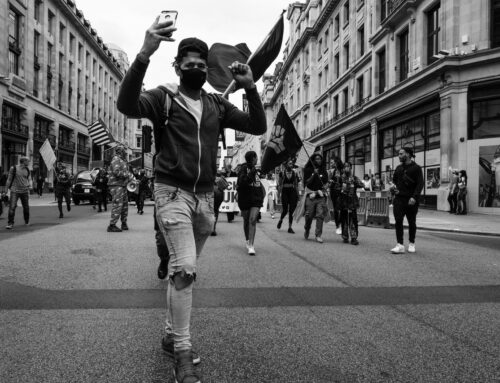Extradition is the formal process where one country asks another to return a person to stand trial or to serve a sentence. Under multilateral conventions and bilateral extradition treaties, the UK has extradition relations with over 100 territories around the world.
What Is the Process?
The requesting State contacts the UK authorities and makes an extradition request. This may result in a warrant being issued against the wanted person, and court proceedings commenced.
Save in very exceptional circumstances your case will be heard before a District Judge sitting at Westminster Magistrates’ Court in London.
Once formalities are dealt with, the court will consider whether the tests for extradition are met. In some cases, the final decision will rest with the Home Secretary. Bail is a very real issue in these cases. Where a person is considered a flight risk, the District Judge may refuse bail pending removal.
In some instances, a case can be disposed of very quickly, in others, it will involve a contested hearing.
The exact process will depend on which extradition regime is being applied, as it varies between requesting States.
Experienced extradition lawyers can advise you on the processes and how an extradition request might be opposed.
Bars to Extradition
- rule against double jeopardy
- the absence of a prosecution decision (whether the prosecution case against the accused is sufficiently advanced)
- extraneous considerations (whether the request for extradition is improperly motivated)
- passage of time
- the requested person’s age
- speciality (the requested person must only be dealt with in the requested state for the offences for which they have been extradited)
- onward extradition (where the requested person has previously been extradited to the UK from a third county, and consent for onward extradition from that country is required but has not been forthcoming)
- forum (whether it would be more appropriate for the requested person to be prosecuted in the UK instead)
The judge must also decide if extradition would be disproportionate or would be incompatible with the requested person’s human rights (for example the right to family life is a person has been settled in this Country for some time). If the judge decides it would be both proportionate and compatible, extradition must be ordered.
Note that the process is different when the final extradition decision is to be made by the Home Secretary.
It is vital that all available evidence is presented during the hearing, and this may involve testimony from experts both in this Country and from abroad.
In a significant number of cases, further avenues of appeal are available to the High Court, and the Supreme Court.
Contact Us
Related Blogs
Registered Office : Queen’s Chambers, 5 John Dalton St, Manchester M2 6ET | Authorised and Regulated by the Solicitors’ Regulation Authority | 3D Solicitors Ltd : Company Number 10553315 SRA Number 636106

